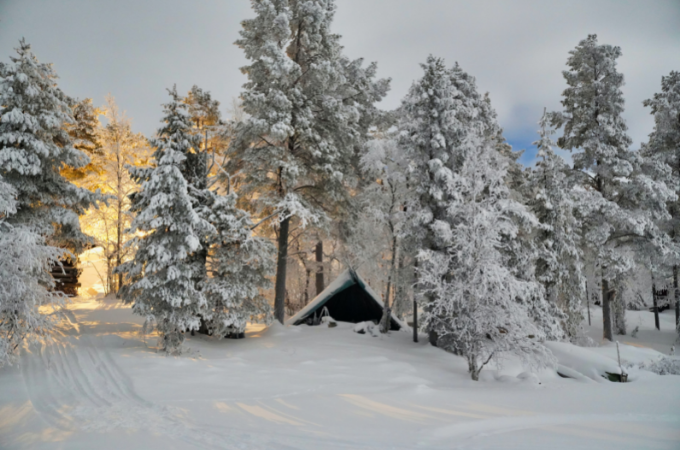
He had come all the way, Yohanna K, to fulfil his one lifelong dream of being in one such place where Christmas was white. But now, as he lay alone, hungry, wrapped in a greatcoat and curled up like an anteater, in a tent surrounded by snow, childhood memories of hot, even if watery, chocolate on the cold grey mornings and of running about with friends and cousins on the dusty, sleepy afternoons of Christmas, thawed and coursed through his mind, and he thought, how I miss those days. True Christmas was mist-grey and dust-brown and, above all, happy. Perhaps white Christmas is a mirage, not merry and bright, after all. Why did it take me so long to know this?
He was familiar with mirages as natural phenomena. For in his other life, the one he left behind to be here, he was a truck driver, and the imaginary pools of water that lay on the highway ahead of him on hot days left him thirsty and longing for a cool bath. As a truck driver, he was not the most beloved by fellow road users. Rather, he was feared, hated, the object of vitriol. He came to think that if he were driving a car, he would not have been drawing so much flak. Unfortunately, a truck was the tyrant of the road.
He had started out as a truck driver assistant, accepting the offer because of the promise of travel. Travel, he had hoped, would purge him of the listlessness that had clogged the arteries of his life – the listlessness that afflicted able-bodied but poorly educated young men. You will get to know the entire country, said his boss, as they shook hands after the brisk ‘interview’, an informal first-time meeting that took place over noodles, scrambled eggs, and hot chocolate at a breakfast kiosk. But his boss did not tell him that fellow road users would curse him, uniformed men and women of various stripes would harass him, robbers would ambush him; that as a truck driver he sometimes might doze off behind the wheel and nearly crash. Or should he himself have anticipated these things? It sometimes was like this for K, scrambling for a ray of clarity to pierce the fog that sometimes gathered in his head. It was why he did not last long at school – for school did not accept children of every stripe.
But he was a dreamer. He often dreamed of a white Christmas, ever since he first listened to Bing Crosby’s “White Christmas”, his favourite song. Although he struggled with classwork, he had a singing voice unrivalled by any other in his school, a honeyed voice like Crosby’s. He spent only three years in secondary school before dropping out, but in all that time, the principal would not fail to ask him to sing “White Christmas” to the entire school on the assembly ground on the last day of the first school term, a term which usually ended a fortnight before Christmas.
And there, on the assembly ground, as in every corner of the village, the last quarter of every year had a certain kind of whiteness: a dense grey mist blanketed the entire landscape, and you couldn’t clearly see anything that stood or lay beyond a hundred-odd feet radius, and the sun was slow to rise. The air would be cold and sharp and dry, and your lips and heels would be in danger of becoming chapped, and your entire skin grey. Vaseline had to be within reach. Often, it would also be dusty as north-easterly gales swept through the barren open fields.
In his childhood and early teens, whenever these phenomena showed up for the first time in the year – which was on some day in October – K danced a wild celebratory dance, the way he did when the rains came, around the middle of the year. Back then, he never missed those moments when seasons turned a corner: such moments always signalled the coming of good things: the first blades of grass springing up out of the famished earth in response to the first rainfall; or a visit by a relative or two, bearing sweets, during the tinder-dry Yuletide and New Year. But since listening to and learning “White Christmas”, he dreamed of the possibility of a different kind of Christmastime, of snow rather than dust, of himself sledging down a well-lit street with new, flaxen-haired friends, of a bass-voiced and white-bearded Father Christmas, rather than a favourite uncle.
But in the build-up to his first white Christmas, there had been no cheer. He dragged himself up and shuffled out of the tent. The house beside which he had pitched his tent was merry with Christmas lighting, but the occupants, a family of five – two parents and three children – were hostile. K had camped out there for only two months, but the family had threatened umpteen times to call the police to evict him from their property. K waited each time for the police to come, but they never came. Perhaps the family never meant to make good on their threats. K stayed put. There was, to his mind, nothing to lose. He had come here with barely anything, save the clothes on his back and a backpack with his essentials and whatever was left of his life’s savings, fleeing the gruel-thin range of possibilities available to him, and a huge fireball of sectarian violence that devoured his and many other Nigerian villages. If the police came and took him away, at least it would not be to kill him, unlike in Nigeria where life, especially once the police or the army was involved, could quickly become disposable.
Nonetheless, he nursed a hope inside him, the hope that in these fellow humans, his unwilling hosts, was some kernel of goodness, one which, if he persevered, he might one day access. He would greet the family, God bless you, never failing to flash a grin, even after they had wagged their hands at him and threatened to throw him out while on their way to school or work or church. Sometimes, he would ask, What can I do for you today, give me any work, I can do any work, and they would just not answer him or sometimes the eldest child might flash him the middle finger.
This Christmas morning, as he stood outside his tent and looked around at the snow on the street and on bare tree branches and on the eaves of houses winking with Christmas lights in the half-light of dawn, a ray of light fell through his mind. He cleared his throat, parted his lips; and out rolled the song:
I’m dreaming of a white Christmas
Just like the ones I used to know
Where the treetops glisten
And children listen
To hear sleigh bells in the snow, oh, the snow
The youngest child, a seven-year-old girl, was the first to show up. She stood before him, face uplifted as if in worship, gazing at his mouth, as though she were drinking water straight from a fountain. Her two siblings, both boys, stepped out and stood some distance from the pair, watching. Then their parents stepped out, too, standing on the porch of the house. K’s voice grew louder, and he closed his eyes, the ray of light in his mind intensifying. More children and young adults, from neighbouring homes, appeared. Some others simply gazed at him out of their windows. K sang on, till thirty minutes had passed like thirty seconds. The little girl under the fountain of his song left and returned with a flask of tea, which she placed at K’s feet. Her two siblings, taking a cue from her, disappeared into the house, and reappeared with a flask of food. Some others brought presents, till around K’s feet grew a motley assortment of boxes with shiny decorative wraps of all sorts of designs. But K kept his eyes closed and, like a lark, kept on singing.



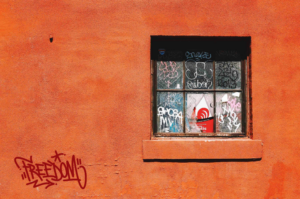
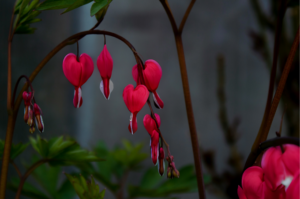
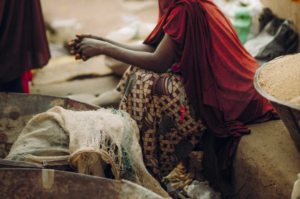
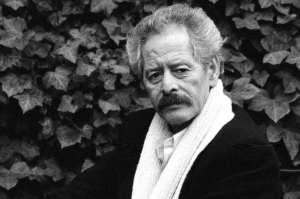
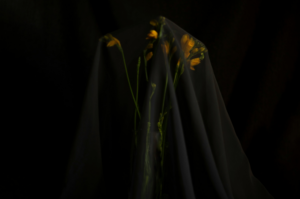


John Lighthouse December 27, 2021 06:11
Hullo, Nenye. I appreciate your feedback very much. That you've not yet had a white Christmas but still can relate to Yohanna K's experience tells me that you did enjoy the story and that it is a well-told story. For even though one may not have the exact experiences as those of the main character, we are united with the main character in that both we and the character have known such universal traits and experiences as joy and pain, love and hate, isolation and acceptance, and the imperfection of our shared humanity. Thank you very much indeed.